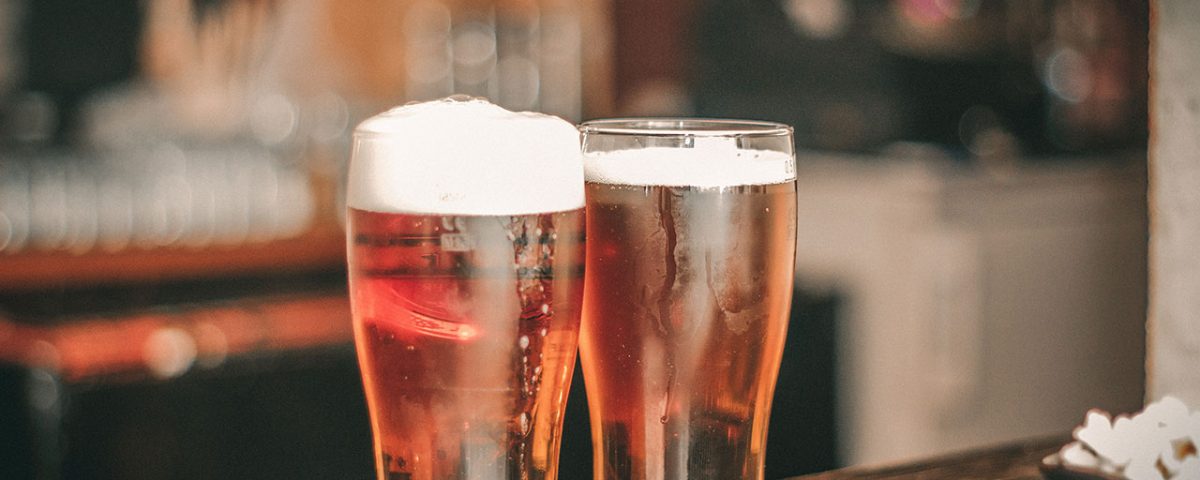Everyone knows that heavy and steady alcohol consumption is a fast pass to a whole slew of medical issues and a probable early death. Unfortunately, most of us consider casual drinking—one, maybe two beverages per day and the occasional wild night out—to be okay. To be safe. It’s important to realize that while social and casual drinking is safer than binge drinking or excessive alcohol abuse, it is still not completely safe or healthy. There are health risks that come with consuming alcohol, no matter the quantity or frequency.
Dehydration occurs when water levels get too low. When you lose more water than you’re taking in, the body can begin to lose brain function and physical motor function. Alcohol increases the likelihood for dehydration by decreasing the production of antidiuretic hormone, which the body normally uses to reabsorb water. This is the cause behind hangover headaches. With less of the hormone being created, your body loses more fluid through an increased urination. Vomiting from excessive alcohol consumption can aggravate dehydration as well.
Here are symptoms to watch out for:
- Dry, sticky mouth
- Sleepiness or tiredness
- Thirst
- Decreased urination
- Headache
- Dizziness
- Lightheadedness
Be sure to stay hydrated! Drink a glass of water before you head out for an evening, then be sure to include water in between alcoholic beverages. Your head will thank you in the morning.
Cardiovascular and Heart Disease
Casual Drinking of alcohol can raise the levels of triglycerides (fat) in the blood. An accumulation can lead to high blood pressure, heart failure, and stroke because of the increased stress on blood vessels throughout the body. Other serious heart-related problems which can result from alcohol consumption include fetal alcohol syndrome, cardiomyopathy, cardiac arrhythmia, and sudden cardiac death.
Diabetes
Alcohol consumption and diabetes are related in several different ways. If a person has diabetes, even casual drinking can make it difficult for them to control their insulin levels. Since drinking alcohol can lower blood sugar levels, this can be extremely dangerous to a diabetic. A person who has trouble maintaining healthy levels of blood sugar will be more prone to develop diabetes-related diseases like kidney damage and heart disease.
Even if a person is not diabetic, over time, casual drinking can lead to fatty liver disease which increases the risk of getting Type-2 Diabetes.
Weight Gain & Nutritional Deficiencies
Because alcohol reduces the body’s nutrient absorbing capabilities, in particular with regards to vitamin A, B-complex vitamins, vitamin D, and folate, even casual drinkers can have vitamin and mineral deficiencies. With casual drinking comes less nutritional-focused eating and more snack-style eating, i.e. carbohydrates, both of which can contribute to deficiencies and make it difficult to manage weight. Weight gain can result in low blood sugar, triggering diabetes, and it can also lead to depression.
At the end of the day, it is up to you how much you want to drink. Just remember, a single drink is all it takes to start effecting changes in your environment—your health, your relationships, your career. Make good choices. Banyan Treatment Center is here to help.









